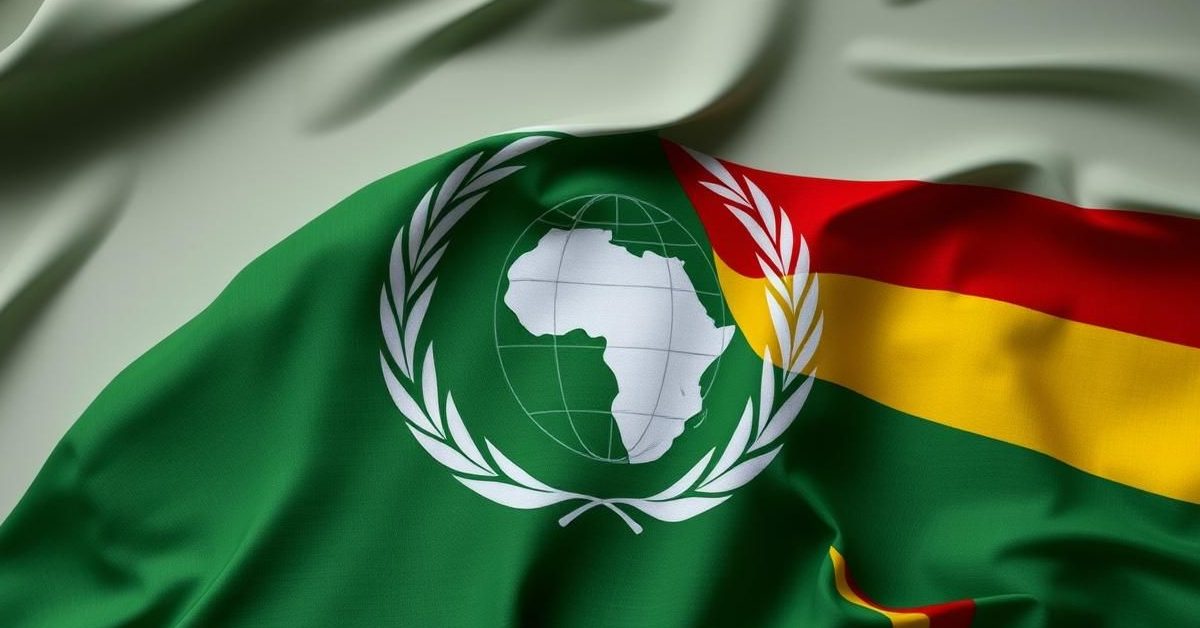The Fourth International Conference on Financing for Development (FfD4) recently convened in Seville, Spain, aiming to tackle the massive $4 trillion annual financing gap needed to achieve the Sustainable Development Goals (SDGs) in developing nations.
Tackling the Global Funding Shortfall
From June 30 to July 3, the FfD4 brought together global leaders to address critical financial challenges impacting sustainable development. A major outcome was the adoption of the Sevilla Commitment, designed to lay out a clear path for closing the significant funding gap faced by developing countries.
The conference, supported by the UN Department of Economic and Social Affairs (DESA) and the UN Economic and Social Council (ECOSOC), was notable for the absence of the United States, one of the world’s largest economies.
A Legacy of Financing for Development
Financing for Development (FfD) is an ongoing global effort to align financial resources and policies with economic, social, and environmental priorities. This process began in earnest after the UN General Assembly adopted the Agenda for Development in 1997, calling for an international conference on the matter.
The first International Conference on Financing for Development was held in 2002 in Monterrey, Mexico, resulting in the Monterrey Consensus. This landmark agreement pledged to address the challenges of financing development and work towards eradicating poverty and promoting sustainable growth.
Subsequent conferences included Doha in 2008 and Addis Ababa in 2015, which produced the Addis Ababa Action Agenda. This agenda established a crucial policy framework to redirect financial flows, aiming to implement the ambitious 2030 Agenda for Sustainable Development and its 17 Sustainable Development Goals.
The Urgent Need for Financial Reform
Many nations, particularly developing ones, are currently grappling with escalating debt burdens, a decline in vital investments, decreasing international aid, and growing trade barriers. These issues severely hinder progress towards global development targets.
As United Nations Secretary-General Antonio Guterres noted at the FfD4 opening, “Financing is the engine of development. And right now, this engine is sputtering.” This sentiment underscores the urgency of closing the $4 trillion annual financing gap to lift millions out of poverty and accelerate the lagging SDGs.
Disturbingly, 3.3 billion people lived in countries last year that spent more on debt interest than on health or education. This number is projected to rise, with developing countries paying an astounding $947 billion to service debts this year alone, up from $847 billion last year.
Key Outcomes from Seville
Building on previous agreements, the Sevilla Commitment strongly reaffirms the global commitment to sustainable development and the effective implementation of the 2030 Agenda and its SDGs. It charts a path forward on three critical fronts.
These fronts include catalyzing large-scale investment for sustainable development, aggressively addressing the mounting debt and development crisis, and reforming the international financial architecture to better serve global needs.
Under the new Sevilla Platform for Action, several new financing mechanisms were announced. These aim to tackle unsustainable debt burdens, enhance crisis response and climate resilience, broaden access to social protection, and support local and digital economies.
Specific initiatives launched in Seville include the “Debt Swaps for Development Hub,” led by Spain and the World Bank, to scale up debt swaps. Italy also introduced a “Debt-for-Development Swap Programme” to convert 230 million Euros of African debt into development project investments.
Furthermore, the “Sevilla Forum on Debt” was established to facilitate knowledge sharing and coordinated approaches in debt management. Brazil and Spain also launched an initiative focused on the “Effective Taxation of High-Net-Worth Individuals,” aiming to ensure wealthy individuals pay their fair share.
Global Investment Trends: A Warning Sign
Just before FfD4, the World Bank released a concerning report titled ‘Foreign Direct Investment in Retreat.’ The report highlighted that FDI into developing countries plummeted to $435 billion in 2023, marking the lowest figure in nearly two decades. This sharp drop, warned the World Bank Group’s Deputy Chief Economist M. Ayhan Kose, “should sound alarm bells.”
The report emphasized that rising trade and investment barriers pose a significant threat to global efforts to mobilize financing for development. Weak investment growth undermines crucial goals, including tackling climate change, accelerating the energy transition, and reducing poverty and inequality.
While China, Brazil, and India have been among the largest recipients of FDI in developing economies over the past decade, overall trends show a concerning decline, impacting global development efforts.
- The FfD4 in Seville adopted the Sevilla Commitment to bridge the $4 trillion SDG financing gap.
- The conference highlighted escalating debt burdens and declining investments as major obstacles to development.
- New initiatives like the Debt Swaps for Development Hub and plans for effective taxation of high-net-worth individuals were launched.
- A recent World Bank report warns of declining Foreign Direct Investment (FDI) into developing nations, signaling a threat to development goals.
These global efforts underscore the ongoing challenge of securing adequate financing for a sustainable and equitable future for all nations.















